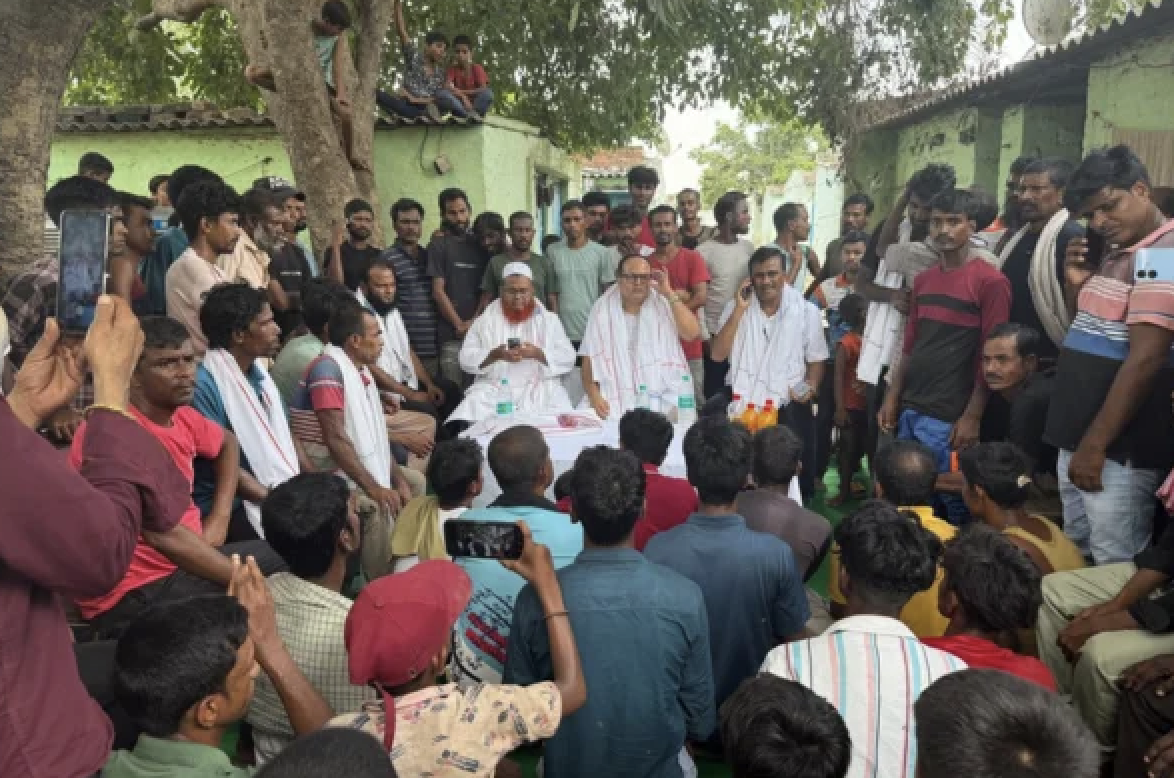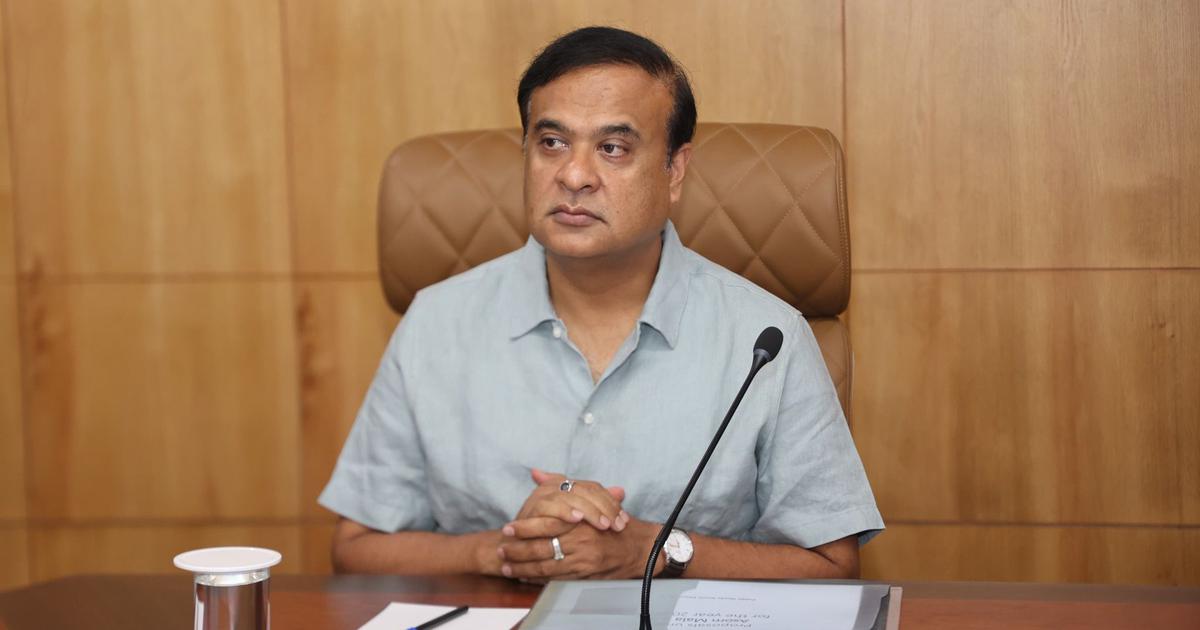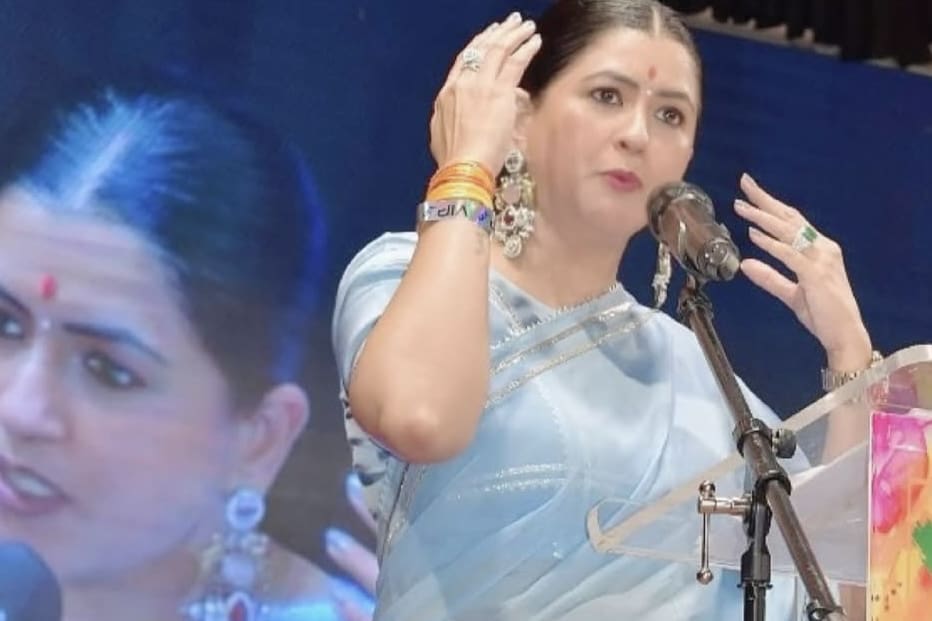By Tabeenah Anjum
There have been continuous attempts by the ruling BJP to saffronise the education system and root out liberal influences. For this, the ruling dispensation is back to its preferred tool — rewriting history. The idea is clear that the party wants to spread its ideology and iconise its own leaders.
The recent revamping of the syllabus in the Rajasthan Board of Secondary Education (RBSE) text books has sparked fears of saffronisation of education. In the just-released text book of Class 10, Hindutva ideologue Veer Savarkar has been described as a great revolutionary and a great patriot. If popular view of the historians is to be believed, one cannot ignore that Savarkar featured in the chargesheet of the assassination of Mahatma Gandhi but was subsequently exonerated because no corroborative evidence of his involvement was furnished. It helped create the myth of Savarkar ’the brave’, as book lauds ‘lifelong sacrifices’ he made for the country’s independence and calls it ‘beyond words’.
While the book finds mention of non-cooperation, civil disobedience and the Quit India movements, it finds little space for Mahatma Gandhi, the man behind them all. Similarly, in political science text book for Class 11, the Congress has been described as a ‘nurtured baby of the British empire’. It says: “the party was established by the capitalists and representatives of the upper middle class.”
Interestingly, while the debate over Uniform Civil Code or demonetisation is still on, both find space in the books. In the political science textbook of Class 12, a then just a few month-old demonetisation was termed as a “campaign to wipe out black money” (Kale Dhan Ki Safai Abhiyan). Moreover, economics textbook has an entire chapter on it. Books also praise the foreign policies of Prime Minister Narendra Modi, especially those with reference to Pakistan.
The revision is not only confined to school textbooks, even the Rajasthan University books have seen some major changes in the last one year. While foreign authors were axed at the cost of including Gita in the course of Commerce department, History department too included a book in its bibliography ‘Maharana Pratap aur Haldighati Ka Yudh,’ which claims that Maharana Pratap defeated Akbar, a view supported by Education Minister Vasudev Devnani, a staunch believer of RSS ideology.
The minister is often accused of distorting history and facts after the iconic ‘Tryst with Destiny’ speech of Jawaharlal Nehru was removed from the revised social science textbook for Class 8. To rub salt into the wound, a chapter on Indira Gandhi’s Emergency period during 1975-77 was incorporated into the school syllabus vilify Congress.
Countering the charges, Congress’ former Union minister and writer Shashi Tharoor told DH: “History is almost always written by the winners — and in our country that often means the election winners. But historians have a responsibility to the truth, or at least to the facts. Teaching children distorted facts such as changing the result of a historic battle is a betrayal of the principles of education.”
Praising Nehru, the Congress MP says, “the principal pillars of Nehru’s legacy to India were democratic institution-building, staunch pan-Indian secularism, socialist economics at home and a foreign policy of non-alignment — all of which were integral to a vision of Indianness that is fundamentally challenged today.” An expert team of academicians formed recently by a collective of NGOs found that the content is also below average and replete with factual and grammatical errors.
Former chief minister of Rajasthan and Congress leader Ashok Gehlot says that since the BJP has no historical role in pre and post independence era, its motive is to ruin the contribution of Congress. State Congress president Sachin Pilot says that changes made to malign the contribution of former prime ministers depict the narrow mindedness of Chief Minister Vasundhara Raje.
Previous instances
Iconography too plays a role in the attempts at saffronisation. New text books teach that lotus is a symbol of victory. The innuendo that it is also the poll symbol of ruling party, is hard to miss. The saffron touch becomes literal with the orange colour of cycles distributed to school students and the newly introduced coffee colour of school uniform which resembles the colour of RSS uniform.
The BJP being a young party as compared to the Congress, feels a continuous need of iconising their leaders like Pandit Deendayal Upadhyay, who finds a mention in major government policies and government school libraries in Rajasthan. The libraries have been asked to buy complete volumes on his biography and works.
Text books must be saved from government interference. Otherwise, the war of ideologies will continue in a diverse nation like India. Noted historian and writer William Dalrymple agrees that there has been a concerted attempt by politicians of the Hindu far right to rewrite history textbooks used in Indian schools and to bring historians and the writing of history under their direct control.
He says: “the roots of the current conflict can be traced back to two rival conceptions of Indian history that began to diverge in the 1930s, during the struggle for freedom from the British Raj. Owing to historical differences between Hindus and Muslims, in order to form a united front against the British, a rather different line was taken by India’s more extreme Hindu nationalists. Some of these formed a neo-fascist paramilitary organisation, the RSS. Since 1977, when the Jan Sangh joined government as part of the Janata regime, there has been the threat of changing the textbooks. The books in question were Medieval India by Romila Thapar, Modern India by Bipan Chandra and many others. In 1999, when NDA came to power, all such textbooks were changed. In 2004, the UPA replaced them again.”
Analysts see it as BJP’s attempt to mould the nation’s educational system and eventually the hearts and minds of the students too — they will be voters in the upcoming 2019 Lok Sabha polls.
This story was first appeared on deccanherald.com






